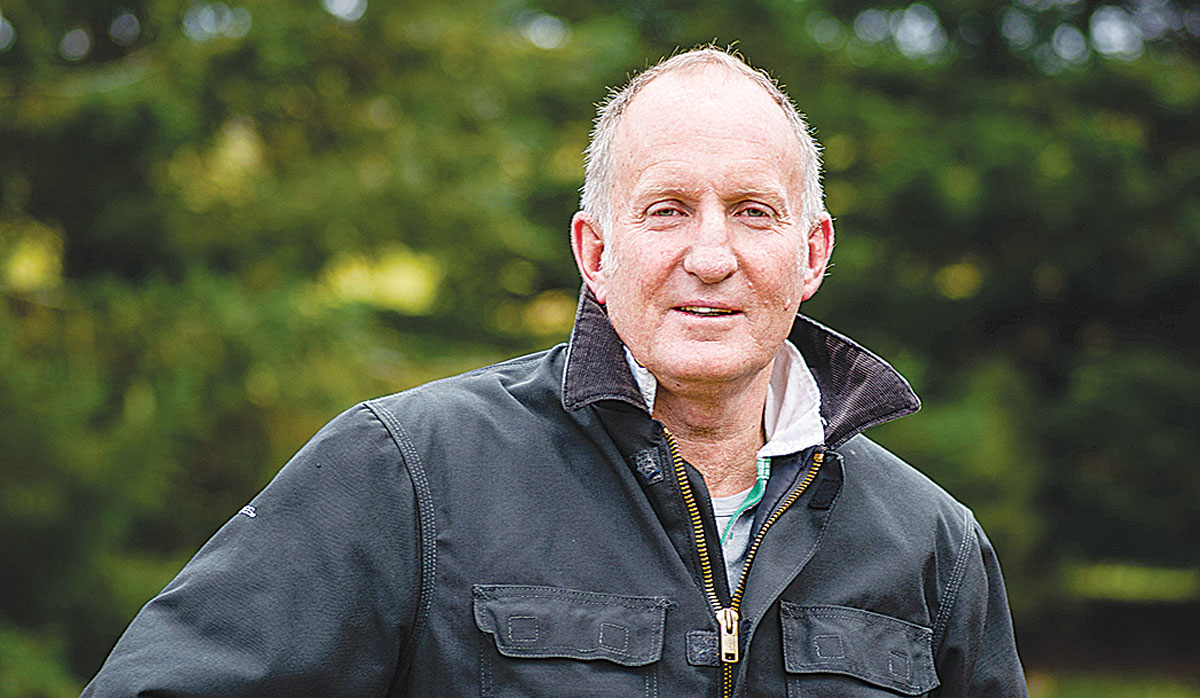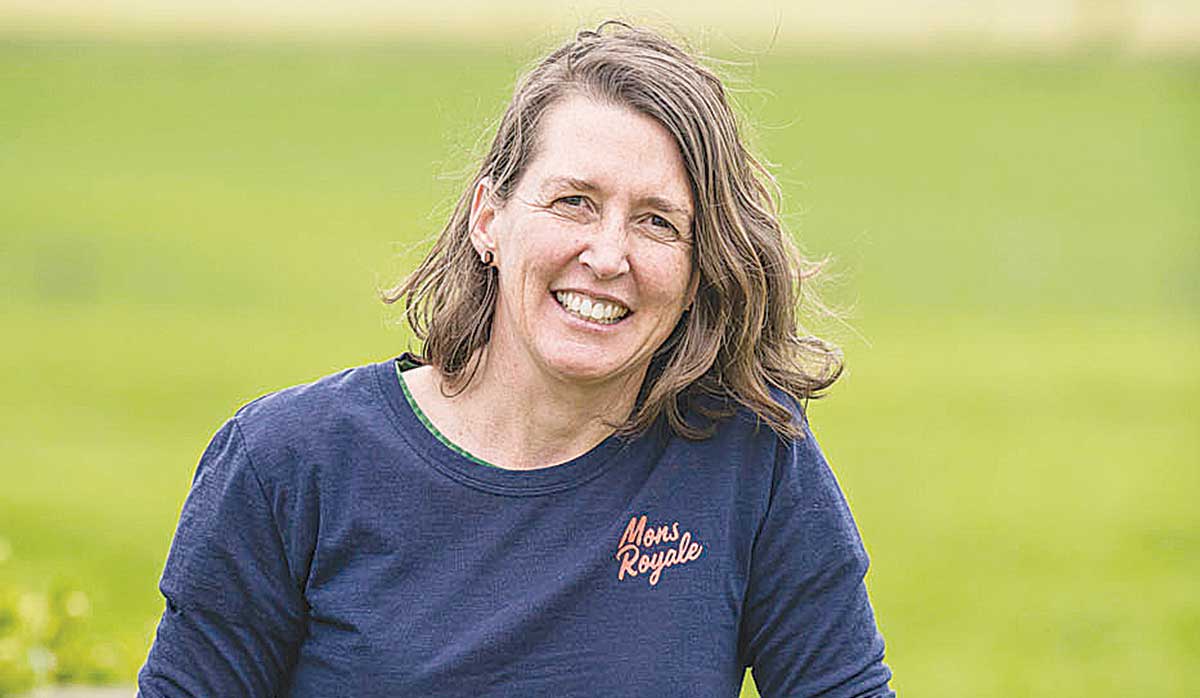Meat Industry Association CEO to Step Down
The Meat Industry Association of New Zealand (MIA) today announced that Chief Executive Officer Sirma Karapeeva has resigned from the role.
The Government has released a proposal to reduce agriculture emissions for consultation which includes farmers paying a core levy from 2025.
The Government says it has accepted most of He Waka Eke Noa (HWEN) partnership recommendations, including the recommendation for a farm-level levy.
Prime Minister Jacinda Ardern describes the proposal as ‘pragmatic’, saying it will set up the industry for future success and put New Zealand on track to meet its 2030 methane reduction target.
“This is an important step forward in New Zealand’s transition to a low emissions future and delivers on our promise to price agriculture emissions from 2025,” Ardern says.
The consultation document, released today, says the Government supports the He Waka Eke Noa (HWEN) partnership’s recommendation of consulting on a farm-level, split-gas pricing system, as well as
- the concept that business owners are responsible for reporting and paying for emissions
- using levy revenue to fund research and development into tools and technology to help lower emissions
- incentive payments to encourage the uptake of mitigation technologies
- how emissions are calculated.
However, the Government has also proposed alternative approaches to some HWEN recommendations, based on the belief they could be difficult to implement by 2025 or risk undermining the effectiveness and credibility of the pricing systems.
These recommendations include:
- A core levy in 2025 with enhancements built in over time
- Sequestration recognised for riparian and indigenous vegetation
- A more streamlined governance structure
- A transparent, rules-based process for setting levy prices
- A review in 2030
- Some collective reporting at first
- An interim processor levy as a transitional step (if required)
Ardern claims the proposal would see New Zealand farmers lead the world in reducing emissions.
“No other country in the world has yet developed a system for pricing and reducing agricultural emissions, so our farmers are set to benefit from being first movers,” she says.
Agriculture Minister Damien O’Connor says the proposed pricing system will support farmers to make decisions about what they do on-farm by incentivising emissions reductions and climate friendly practices.
“By rewarding farmers who take action to cut their emissions we can support more farmers to improve their productivity and profitability while achieving climate goals,” he says.
“Farmers are already experiencing the impact of climate change with more regular drought and flooding. Taking the lead on agricultural emissions is both good for the environment and our economy.”
However, the red meat sector has indicated it is concerned about the proposed changes which it claims alter the balance of what was proposed by the partnership.
Beef + Lamb New Zealand (B+LNZ) chairman Andrew Morrison says one area of immediate concern is the proposed changes to sequestration.
“We know we have a role to play in addressing climate change and our farmers are among the first to feel the effects of it,” he says.
 |
|---|
|
Beef + Lamb New Zealand (B+LNZ) chairman Andrew Morrison. |
“However, if farmers are to face a price for their agricultural emissions from 2025, it is vital they get proper recognition for the genuine sequestration happening on their farms.”
Nathan Guy, former agriculture minister and current chair of the Meat Industry Association, says that although the Government’s proposal is better than entering the New Zealand Emissions Trading Scheme (NZ ETS), there is room for improvement.
“Sheep and beef farmers and the meat processing and exporting sector collectively generate $12 billion in income per year for the country and account for more than 92,000 jobs, almost five percent of New Zealand’s full-time workforce. It’s critical we have the right policy settings so our sector can continue to deliver for our farmers, our processors and exporters, rural communities and the country.”
Deer Industry New Zealand (DINZ) chair Mandy Bell says her organization will be reinforcing to policy makers that the farm price needs to allow farm businesses to remain economically viable until practical methane reduction tools are available.
“We believe it is essential that government and sector invest in developing and bringing new technologies to NZ farmers to help them reduce their gross emissions as soon as possible. If our farmers have practical technology they can use, they will use it. Our farmers are rapid adopters and are innovative.”
Meanwhile, the HWEN partnership say further discussion is required on areas where the Government has not adopted the partnership’s recommendations, claiming the changes will have a significant impact on farmers.
He Waka Eke Noa programme director Kelly Forster says partners are pleased the Government has listened to the partnership on the need for a farm-level system as opposed to including agricultural emissions in the NZ ETS.
“A farm-level system as recommended by He Waka Eke Noa will enable each farmer and grower to clearly see the direct impact of their on-farm decisions and would give them incentives for using new technologies and practices as they become available,” Forster says.
She says HWEN’s modelling shows the farm-level system will be more effective in achieving emissions reductions than the NZ ETS.
 |
|---|
|
He Waka Eke Noa programme director Kelly Forster. |
“He Waka Eke Noa’s recommendations were however designed as a carefully balanced package that was as equitable as possible across all parts of the primary sector,” she says.
“The Government has proposed alternative approaches in some areas, such as how sequestration is recognised, which may fundamentally alter the balance and could have significant implications for sheep, beef and deer farmers.”
Forster says partners will need to work through the detail to understand the impact.
“Partners want to work with the Government to ensure the impact of the levy is manageable for farmers and growers, so that emissions are reduced while the viability of farm businesses is maintained.”
Consultation will close on 18 November 2022, with final proposals going to Ministers for approval early next year.
Budou are being picked now in Bridge Pā, the most intense and exciting time of the year for the Greencollar team – and the harvest of the finest eating grapes is weeks earlier than expected.
The Real Estate Institute of New Zealand (REINZ) has released its latest rural property report, providing a detailed view of New Zealand’s rural real estate market for the 12 months ending December 2025.
Rural retailer Farmlands has released it's latest round of half-year results, labeling it as evidence that its five-year strategy is delivering on financial performance and better value for members.
OPINION: "We are back to where we were a year ago," according to a leading banking analyst in the UK, referring to US president Donald Trump's latest imposition of a global 10% tariff on all exports into the US.
DairyNZ says the Government’s proposed Resource Management Act reform needs further work to ensure it delivers on its intent.
Overseas Trade Minister Todd McClay says he's working constructively with the Labour Party in the hope they will endorse the free trade agreement (FTA) with India when the agreement comes before Parliament for ratification.

OPINION: A mate of yours truly reckons rural Manawatu families are the latest to suffer under what he calls the…
OPINION: If old Winston Peters thinks building trade relations with new nations, such as India, isn't a necessary investment in…